The Department of Agriculture closed 652 appeals against farm scheme decisions in 2023.
The annual report of the Agriculture Appeals Office has shown that 48% of appeals taken by farmers were successfully contested by the farmer.
The most common schemes that were subject to appeals in that report were the Basic Payment Scheme (BPS), the Suckler Carbon Efficiency Programme (SCEP) and the Targeted Agriculture Modernisation Schemes (TAMS). Here we look at six cases relating to farm scheme appeals.
SCEP: suckler cow reference number
Verdict: appeal disallowed
A farmer lost his appeal relating to the Suckler Carbon Efficiency Programme (SCEP).
The farmer took part in the SCEP and he requested an increase in his programme reference number of animals from 42 to 50.
As per the terms and conditions, the Department said the number is based on eligible suckler cows producing an eligible calf in the years 2016 to 2021, with the best three years being selected, averaged and rounded up, with increases to this number not allowed.
The farmer believed that he had built up cow numbers to ‘near’ 50 but TB reactors during 2020 had negatively impacted the reference numbers.
The consideration process did find there had been a reduction in cow numbers between 2019 and 2021.
However, similar reductions happened in years when the farmer was not locked up with TB.
The finding was that the Department had followed the terms and conditions and there were no grounds to increase the reference number of animals.
BEAM: 100% penalty for increasing manure nitrogen
Verdict: appeal disallowed
A farmer failed in their appeal against the Department over the Beef Exceptional Aid Measure (BEAM).
Under the BEAM scheme, the farmer was required to cut the production of livestock manure nitrogen by 5%, when compared with the period from 1 July 2018 to 30 August 2019.
However, records showed that there was an increase for the period.
A 100% penalty was subsequently imposed on the farmer.
In the appeal, the farmer said that their herd was restricted for part of the timeframe due to TB, which prevented the planned sale of livestock.
The appeals officer on the case identified evidence of significant sales and purchases of animals within the relevant timeframe.
This was found to have contributed to the farmer not meeting the required 5% reduction and the appeal was disallowed.
BDGP: star-rated culled for safety reasons
Verdict: appeal allowed
A farmer won their appeal against the Department in relation to the Beef Data Genomics Programme (BDGP).
As part of the Department’s validations, the farmer was deemed to not have an eligible four- or five-star rated stock bull on their holding in June 2019 and a penalty was imposed.
In addition, they were excluded from the extension of the programme into 2021, as only participants who had met the minimum requirements for the six-year period from 2015 to 2020 were eligible.
The farmer believed that they had met all requirements and submitted AI records and an Irish Cattle Breeding Federation (ICBF) eligibility report and noted that, in 2019, only AI was used on the farm as the stock bull had been culled due to health and safety issues.

The most common schemes subject to appeals were the Basic Payment Scheme, the Suckler Carbon Efficiency Programme and the Targeted Agriculture Modernisation Schemes. \ Donal O’Leary
A stock bull was in place in June 2020 with calves born to the stock bull from bought in dams, in-calf at the time of purchase.
The appeals officer considered the health and safety issues which required the culling of the bull, and the fact that only four- or five-star AI bulls had been used in 2019.
In addition, the farmer had a stock bull in 2020 that met the genotyping requirements. This resulted in a successful appeal for the farmer.
SMR 2: tree felling in nesting season
Verdict: appeal partially allowed
A farmer had an appeal partially allowed in relation to cross compliance with the Statutory Management Requirement (SMR) 2 and Good Agricultural and Environmental Condition (GAEC) 7 schemes.
It came after, in 2022, the Department was notified by the National Parks and Wildlife Service of tree felling within a special area of conservation (SAC) without prior permission and during the bird nesting season.
Sanction
Due to this, a significant area of riverbank was impacted by the tree felling and an ‘intent’ sanction was given to the farmer.
In his appeal, the farmer stated that he was not made aware that parts of the farm were within an SAC.
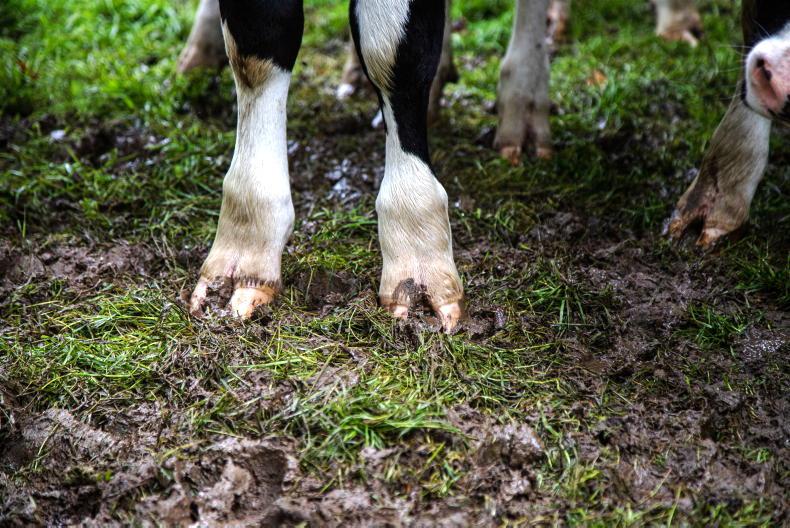
Although proposals were made, the farmer had never received communications that redesignations were confirmed, while BPS maps also did not record an area of SAC on the land.
No conclusive evidence
The appeals officer noted that there was no conclusive evidence that the tree felling had taken place during the bird nesting season. However, the notice of proposed redesignation should have alerted the farmer to that possibility.
Due to mitigating circumstances, the result of the appeal was a lesser sanction being applied.
Cross-compliance: nitrates limit breached due to BVD and TB restrictions
Verdict: appeal allowed
A farmer won an appeal against the Department in terms of cross-compliance with nitrates in Statutory Management Requirement (SMR) 1 after they exceeded the nitrogen limit due to a bovine viral diarrhoea (BVD) restriction.
The farmer had exceeded the 170kg/ha limit from livestock manure in 2021 and, as this was a repeat breach, a sanction of 3% was multiplied by a factor of three to give a total sanction of 9%.
However, due to the farm being locked up with TB for six months and none of his stock being fit for the factory, the farmer believed they were entitled to ‘nitrates credits’ as it was impossible for them to comply with the limit with no way of reducing their herd.
The appeals officer found that this restriction was outside the farmer’s control and deemed this to be a case of exceptional unforeseen circumstance.
Subsequently, the appeal was allowed and the farmer was awarded ‘nitrates credits’ in line with a similar TB restriction.
TAMS II: farm ownership not proven
Verdict: appeal disallowed
A farmer had their appeal against the Department disallowed in relation to TAMS II low emission slurry spreading after they could not prove ownership of their farm.
After the farmer had applied for the scheme under their name, it transpired that the investment was paid for from the account of a limited company.
Herd number
At the time of the scheme, the farmer had not transferred the herd number to the limited company but they believe that the slow process had delayed the application.
In addition, the farmer said they were the sole director of the company and that it related to the same land and entitlements as previously held by the farmer as a natural person.
As the farmer applied for the scheme as a natural person, but payment was issued by the company, the farmer failed to provide proof of ownership of the project.
Due to the clear criteria in the terms and conditions, the appeals officer disallowed the appeal.
The Department of Agriculture closed 652 appeals against farm scheme decisions in 2023.
The annual report of the Agriculture Appeals Office has shown that 48% of appeals taken by farmers were successfully contested by the farmer.
The most common schemes that were subject to appeals in that report were the Basic Payment Scheme (BPS), the Suckler Carbon Efficiency Programme (SCEP) and the Targeted Agriculture Modernisation Schemes (TAMS). Here we look at six cases relating to farm scheme appeals.
SCEP: suckler cow reference number
Verdict: appeal disallowed
A farmer lost his appeal relating to the Suckler Carbon Efficiency Programme (SCEP).
The farmer took part in the SCEP and he requested an increase in his programme reference number of animals from 42 to 50.
As per the terms and conditions, the Department said the number is based on eligible suckler cows producing an eligible calf in the years 2016 to 2021, with the best three years being selected, averaged and rounded up, with increases to this number not allowed.
The farmer believed that he had built up cow numbers to ‘near’ 50 but TB reactors during 2020 had negatively impacted the reference numbers.
The consideration process did find there had been a reduction in cow numbers between 2019 and 2021.
However, similar reductions happened in years when the farmer was not locked up with TB.
The finding was that the Department had followed the terms and conditions and there were no grounds to increase the reference number of animals.
BEAM: 100% penalty for increasing manure nitrogen
Verdict: appeal disallowed
A farmer failed in their appeal against the Department over the Beef Exceptional Aid Measure (BEAM).
Under the BEAM scheme, the farmer was required to cut the production of livestock manure nitrogen by 5%, when compared with the period from 1 July 2018 to 30 August 2019.
However, records showed that there was an increase for the period.
A 100% penalty was subsequently imposed on the farmer.
In the appeal, the farmer said that their herd was restricted for part of the timeframe due to TB, which prevented the planned sale of livestock.
The appeals officer on the case identified evidence of significant sales and purchases of animals within the relevant timeframe.
This was found to have contributed to the farmer not meeting the required 5% reduction and the appeal was disallowed.
BDGP: star-rated culled for safety reasons
Verdict: appeal allowed
A farmer won their appeal against the Department in relation to the Beef Data Genomics Programme (BDGP).
As part of the Department’s validations, the farmer was deemed to not have an eligible four- or five-star rated stock bull on their holding in June 2019 and a penalty was imposed.
In addition, they were excluded from the extension of the programme into 2021, as only participants who had met the minimum requirements for the six-year period from 2015 to 2020 were eligible.
The farmer believed that they had met all requirements and submitted AI records and an Irish Cattle Breeding Federation (ICBF) eligibility report and noted that, in 2019, only AI was used on the farm as the stock bull had been culled due to health and safety issues.

The most common schemes subject to appeals were the Basic Payment Scheme, the Suckler Carbon Efficiency Programme and the Targeted Agriculture Modernisation Schemes. \ Donal O’Leary
A stock bull was in place in June 2020 with calves born to the stock bull from bought in dams, in-calf at the time of purchase.
The appeals officer considered the health and safety issues which required the culling of the bull, and the fact that only four- or five-star AI bulls had been used in 2019.
In addition, the farmer had a stock bull in 2020 that met the genotyping requirements. This resulted in a successful appeal for the farmer.
SMR 2: tree felling in nesting season
Verdict: appeal partially allowed
A farmer had an appeal partially allowed in relation to cross compliance with the Statutory Management Requirement (SMR) 2 and Good Agricultural and Environmental Condition (GAEC) 7 schemes.
It came after, in 2022, the Department was notified by the National Parks and Wildlife Service of tree felling within a special area of conservation (SAC) without prior permission and during the bird nesting season.
Sanction
Due to this, a significant area of riverbank was impacted by the tree felling and an ‘intent’ sanction was given to the farmer.
In his appeal, the farmer stated that he was not made aware that parts of the farm were within an SAC.

Although proposals were made, the farmer had never received communications that redesignations were confirmed, while BPS maps also did not record an area of SAC on the land.
No conclusive evidence
The appeals officer noted that there was no conclusive evidence that the tree felling had taken place during the bird nesting season. However, the notice of proposed redesignation should have alerted the farmer to that possibility.
Due to mitigating circumstances, the result of the appeal was a lesser sanction being applied.
Cross-compliance: nitrates limit breached due to BVD and TB restrictions
Verdict: appeal allowed
A farmer won an appeal against the Department in terms of cross-compliance with nitrates in Statutory Management Requirement (SMR) 1 after they exceeded the nitrogen limit due to a bovine viral diarrhoea (BVD) restriction.
The farmer had exceeded the 170kg/ha limit from livestock manure in 2021 and, as this was a repeat breach, a sanction of 3% was multiplied by a factor of three to give a total sanction of 9%.
However, due to the farm being locked up with TB for six months and none of his stock being fit for the factory, the farmer believed they were entitled to ‘nitrates credits’ as it was impossible for them to comply with the limit with no way of reducing their herd.
The appeals officer found that this restriction was outside the farmer’s control and deemed this to be a case of exceptional unforeseen circumstance.
Subsequently, the appeal was allowed and the farmer was awarded ‘nitrates credits’ in line with a similar TB restriction.
TAMS II: farm ownership not proven
Verdict: appeal disallowed
A farmer had their appeal against the Department disallowed in relation to TAMS II low emission slurry spreading after they could not prove ownership of their farm.
After the farmer had applied for the scheme under their name, it transpired that the investment was paid for from the account of a limited company.
Herd number
At the time of the scheme, the farmer had not transferred the herd number to the limited company but they believe that the slow process had delayed the application.
In addition, the farmer said they were the sole director of the company and that it related to the same land and entitlements as previously held by the farmer as a natural person.
As the farmer applied for the scheme as a natural person, but payment was issued by the company, the farmer failed to provide proof of ownership of the project.
Due to the clear criteria in the terms and conditions, the appeals officer disallowed the appeal.







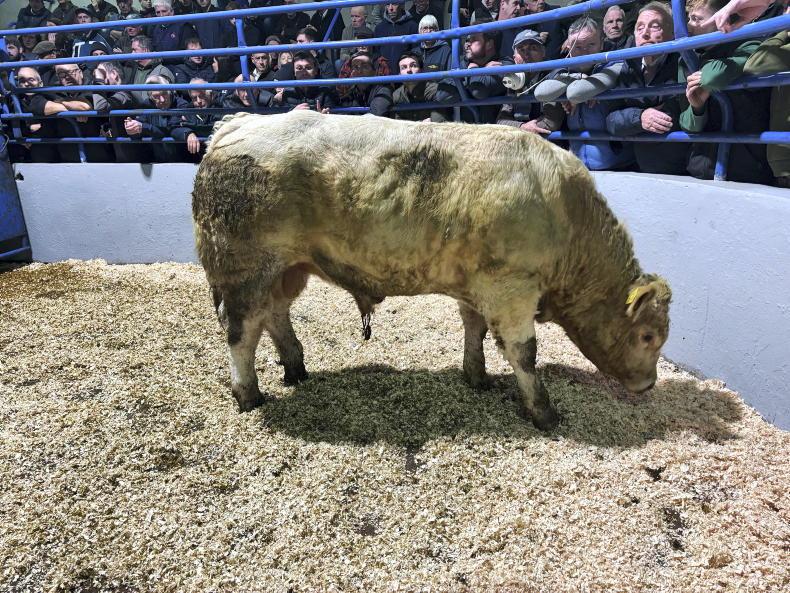

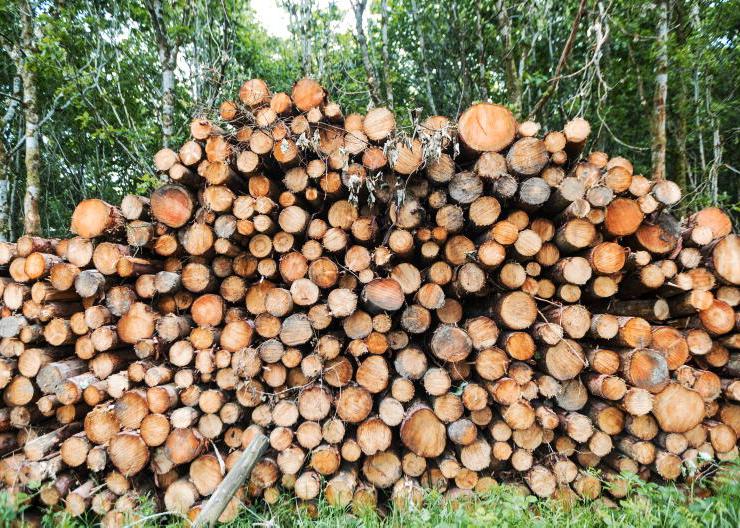
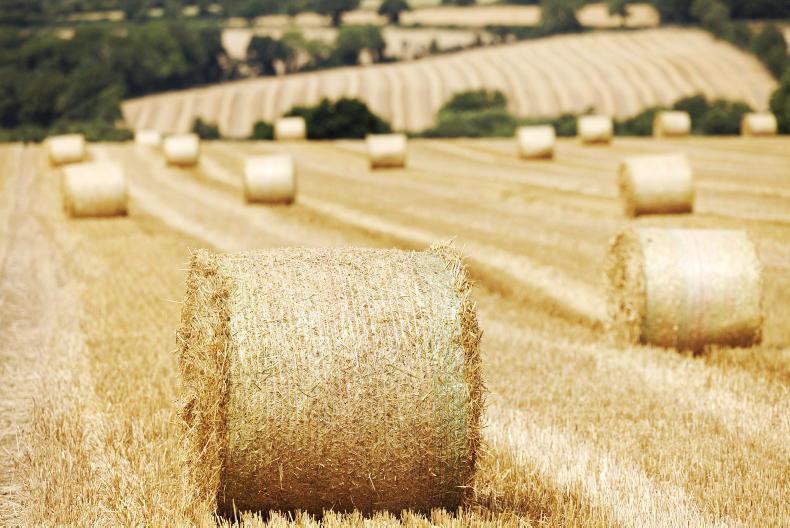
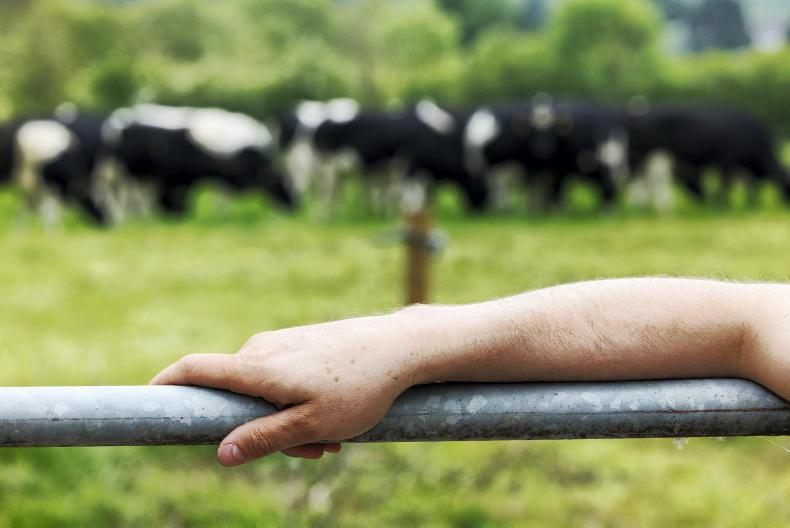
SHARING OPTIONS